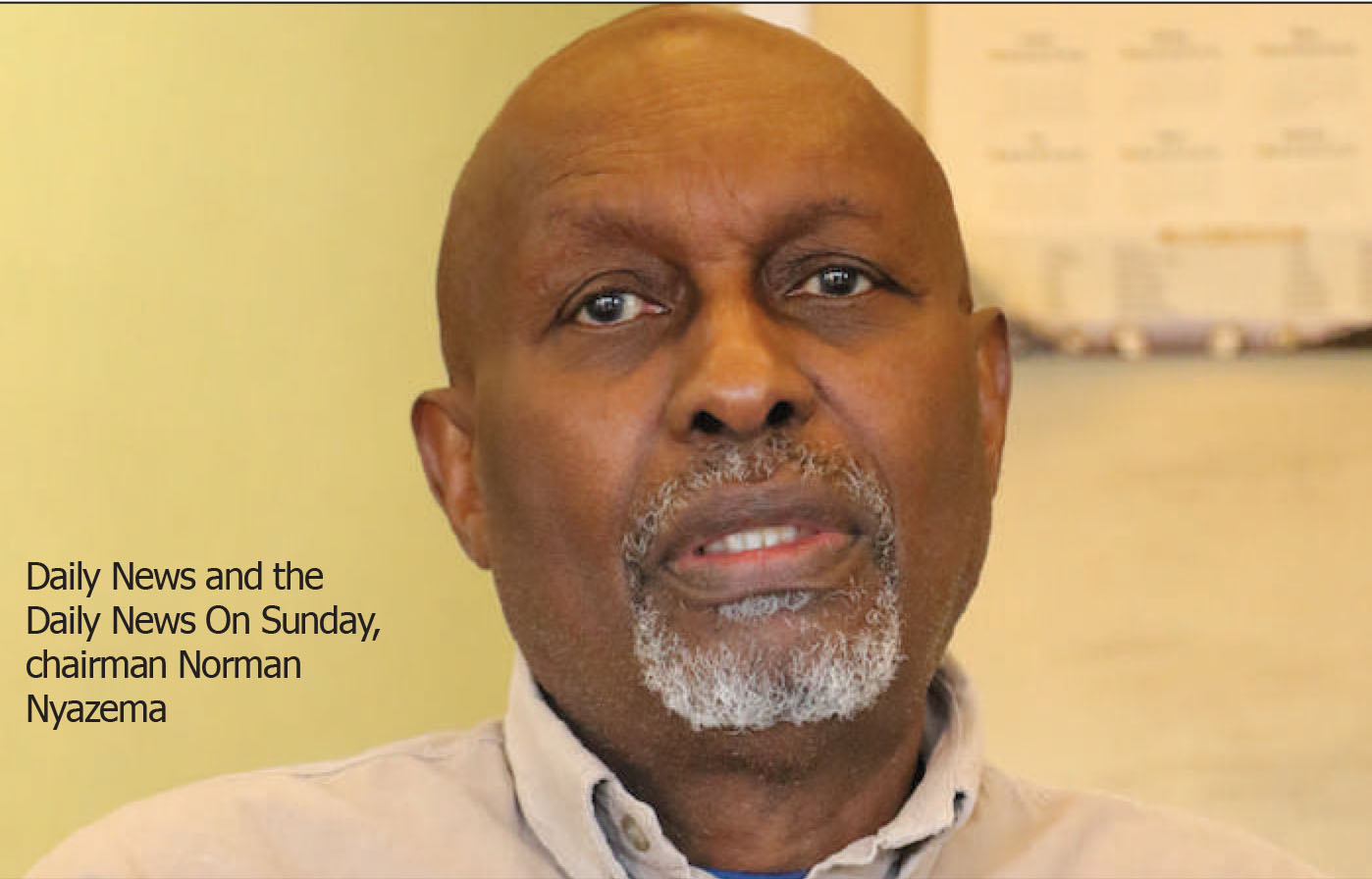THE first edition of the Daily News’ Zimbabwe Cannabis Business Symposium is on at Monomotapa Hotel in the capital tomorrow with a host of thought leaders drawn from across the country’s corporate sector.
Most of them have vast experience in the burgeoning cannabis industry. The symposium is intended to be an annual national initiative that provides government, health, and medical regulatory bodies, communities, health professionals, businesses, investors, captains of industry and scholars with expertise in the sector.
It is hoped that all the thought leaders will have insightful sectoral trends, opportunities and highlights on challenges and opportunities within hemp and medicinal cannabis farming and processing.
Expected speakers at the symposium include Dr Zorodzai Maroveke, founder and CEO of Zimbabwe Industrial Hemp Trust (ZIHT), Dr Baban Masuka, head of Liaison and Strategic Initiatives at the Zimbabwe Investment and Development Agency (ZIDA), Kudzai Tagwira Hove, founder and CEO of Cannabinoida, Anglistone Sibanda, CEO of Africa Voluntary Carbon Credits Market Forum Trust, and Dr Frank Magama, CEO of Kutsaga.
Associated Newspapers of Zimbabwe, the publishers of the Daily News and the Daily News On Sunday, chairman, Professor Norman Nyazema, will facilitate the auspicious event.
Nyazema said the inaugural Daily News’ Zimbabwe Cannabis Business Symposium is important for the nation to appreciate the benefits of the whole Cannabis sativa plant given that there are still a lot of legal and regulatory frameworks issues that need to be taken care of.
Industrial hemp, if the right seed is cultivated, should not have intoxicating properties, Nyazema said. There is still a need to carry out agronomical and phytochemical research with the plant which is, in essence, a pharmaceutical factory.
There are many varieties of the plant, Nyazema went on to say “We need to demystify and de-demonise the plant. A negative stigma still prevails despite a history, over several millennia, of its industrial and medicinal applications.
Such stigma is due in part to confusion about the botanical characteristics and chemotype of the plant, hence the term chemovar should be used when talking about the plant “As you know China is the biggest producer in the world, followed by Canada and France.
When it comes to cannabis, mbanje, for recreational use, many people use it to alter their consciousness. The word mbanje comes from a Hindu word mbang. Mbanje is not an indigenous plant as it was introduced by Indians or Arabs during trade.
“It’s a long history why it was demonised. In the 60s, a lot of illegal trade of cannabis, marihuana as it was called in America, grew. When conservative Americans saw their middle class children using it, they enacted the Marihuana Act and in addition dumped cannabis together with opium and cocaine,” said Nyazema.
That is now changing and people now realise that all parts of the plant from the flower to the roots can be used, Nyazema said, emphasising its exploitation could generate important economic and social benefits.
“For example, industrial hemp can help mitigate the effects of climate change, as it captures significant amounts of carbon dioxide by storing carbon in both stems and roots during photosynthesis.
“Due to the botanical characteristics of industrial hemp, a whole-plant approach, based on the exploitation and valorisation of all parts of the plant, with possibly zero waste generated, can be achieved in most parts of the world. However, in Zimbabwe and most countries in the region, the implementation of a wholeplant approach will require some legislative reform and critical thinking,” Nyazema said.
He said Sadc countries should collaborate to come up with laws that will promote the use of all parts of industrial hemp and create viable industries.
“So, we need to act collectively as a region (Sadc) to come up with a universal law that promotes and regulates the cultivation and sale of cannabis and hemp. We can’t have one country doing this and another doing something else.
“Hence, the symposium is aimed at promoting the use of the whole plant as it has other useful chemicals that can be used to develop many industries and reduce poverty.
“We want the nation and policy makers to appreciate that industrial hemp is a versatile, multipurpose crop usable in a wide array of biodiversity-based products that are of interest in various submarkets.
“These markets include agriculture, automotives, bioenergy, construction materials, food and beverages, furniture, paper, personal care, recycling and textiles. The farming of industrial hemp is on the increase and Zimbabwe should not be left behind. It should not be, I pray, for the privileged few,” Nyazema said further.
According to recent estimates, the global hemp market, by value, is projected to grow fourfold by 2030, to about US$17 billion.
Industrial hemp offers possibilities in a myriad of areas, ranging from food security, sustainable housing and urban development to sustainable textile alternatives and carbon storage.








